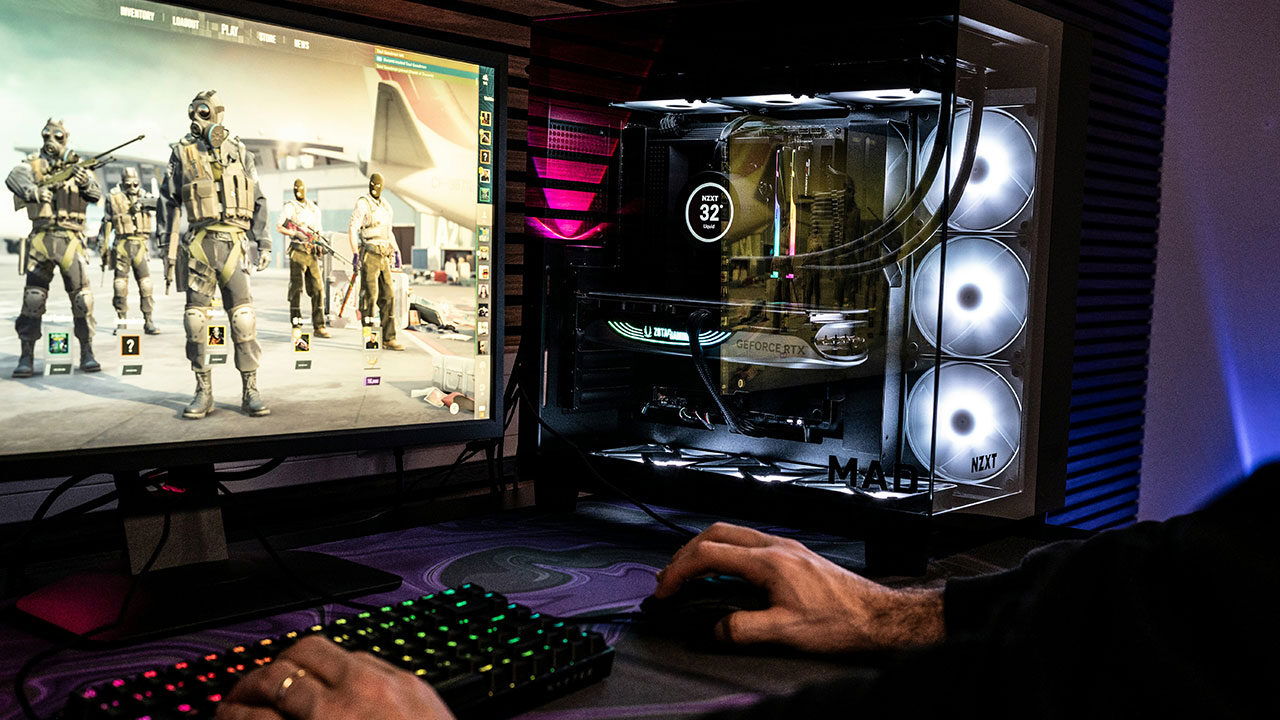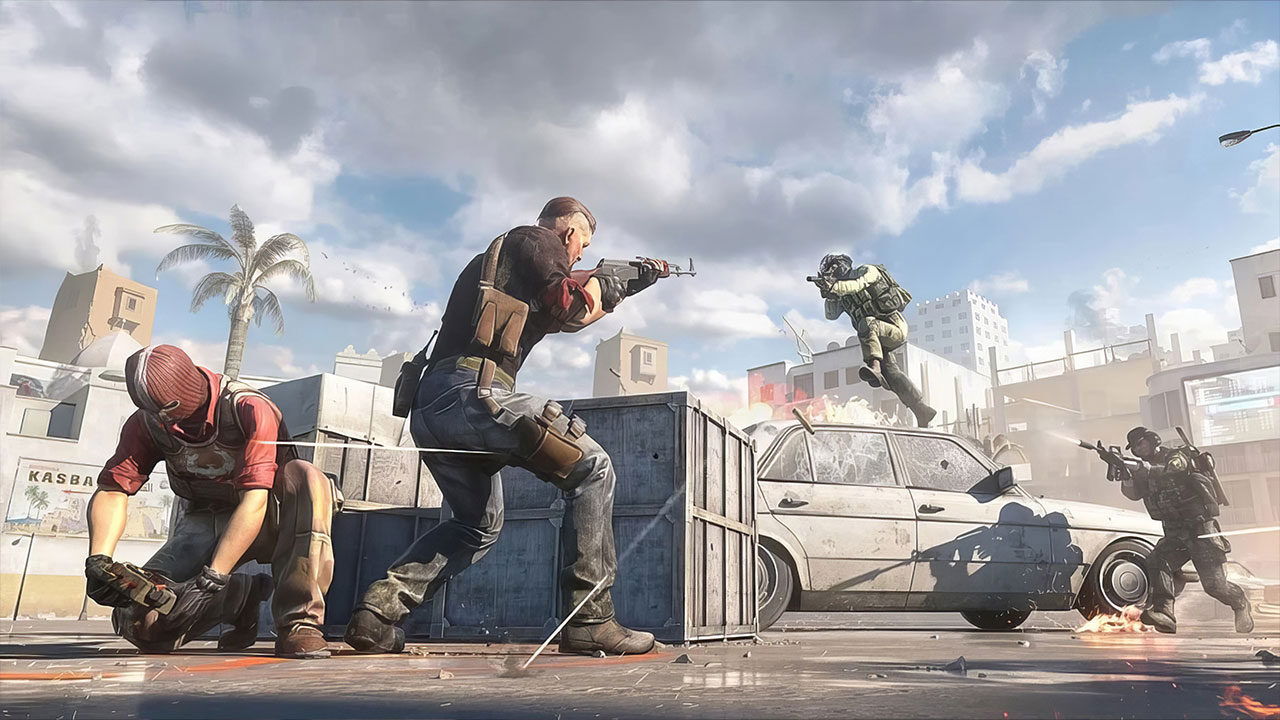In an era defined by rapid technological advancement and an ever-changing social landscape, gaming has expanded far beyond a niche pastime to become a global cultural phenomenon. Video games now transcend age, geography and culture. While some play for entertainment, others are motivated by competition, achievement or even profit. In recent years, the rise of esports has added a new dimension—particularly in competitive titles such as Counter-Strike 2, where CS2 match betting has become an increasingly common way for fans to engage beyond gameplay.
Two of the most debated motivations are escape and competition. However, the spectrum of reasons is far more nuanced. Below, we explore what drives gamers today. Is it the thrill of competition, the desire to escape reality, or perhaps both? Read on to find out.
The Psychology of Play

To understand modern motivations for gaming, it is helpful to begin with some foundational psychology. One of the most influential structures comes from Richard Bartle, who proposed that gamers fall into four categories.
- Achievers — driven by in-game goals and success.
- Explorers — motivated by curiosity and discovery.
- Socializers — play for community and relationships.
- Killers — seek domination over others.
Over time, more complex models have emerged. The Self-Determination Theory (SDT) emphasized autonomy, competence, and relatedness in recent research. According to the SDT model, games fulfill psychological needs like autonomy (the freedom to choose and act), competence (mastery and skill progression), and relatedness (connection to others). These basic needs underpin both competition and escapism. Therefore, helping us understand why people are attracted to the digital landscape.
Gaming as Escape
Escapism in gaming refers to the desire to mentally or emotionally disengage from real-life stress, boredom, or hardship by immersing oneself in a virtual world. This concept is not new, but it has gained popularity with digital saturation, economic uncertainty, and social upheaval. The following are the roles of this digital sanctuary.
Mental Health & Stress Relief

Gaming offers a safe space to decompress. Many players report using games as a coping mechanism—not necessarily in a pathological sense, but as a legitimate mental health tool. Take, for instance, titles like Animal Crossing: New Horizons, which gained popularity during the COVID-19 lockdown. It is a clear example of how cozy, non-competitive experiences can help individuals manage feelings of isolation and anxiety.
Narrative Immersion
Games today offer stories that rival movies and novels. The emotional journeys in The Last of Us or Red Dead Redemption 2 allow players to temporarily inhabit lives other than their own. This immersive escapism satisfied both the explorer’s and socializer’s motivations.
A Sense of Control in Chaos
In reality, people usually have limited control over their circumstances. Hence, games give players agency where they can build empires, solve puzzles, or simulate ideal lives. All of these experiences can be quite therapeutic.
Gaming for Competition

On the other hand, many players are motivated to test their skills, climb leaderboards, and defeat real or AI opponents. Competitive gaming spans casual weekend matches to the multi-billion-dollar export industry. It achieves these through the following.
Skill Mastery & Flow
Competitive players often describe entering a “flow state”—a deep level of concentration where time seems to disappear. Games like League of Legends and Counter-Strike 2 are designed with rapid feedback loops and high skill ceilings to reward practice and mastery. These titles offer a sense of growth, providing players with tangible goals to pursue, such as better aim, higher ranks or improved teamwork. It’s not just about winning—it’s about getting better to become the best.
Social Dominance & Recognition
Online multiplayer games allow players to pit themselves against others in real time. The rush of outsmarting a real opponent creates a dopamine that hits stronger than most single-player experiences. Leaderboards, trophies, and Twitch streaming further increase the desire for recognition. These streaming platforms have turned skilled players into influencers and entertainers while strengthening the aspirational pull of competitive gaming.
eSports as Identity
For some, especially younger generations, competitive gaming isn’t just a game but an identity. eSports players are treated like athletes with fan bases, sponsorships, and international tournaments. This legitimization motivates the desire among everyday gamers to evaluate pros, train hard, and make it.
The Middle Ground

It would be reductive to see escapism and competition as binary choices. This is because most players experience a blend of motivations that change over time. For instance, a player might start playing Fortnite for fun (escapism) but get hooked on building skills and winning tournaments (competition). Likewise, a group of friends might log into Valorant to socialize (relatedness) and find satisfaction in climbing ranks (competence).
Game developers are keenly aware of these hybrid motivations. Many modern titles include multiple layers of engagement to satisfy different types of players and appeal to a wide range of motivations.
A Blend of Drive
The motivations behind gaming today are multifaceted. Although escapism and competition remain the most common drivers, they are deeply interconnected with wider psychological needs, life circumstances, and evolving game design. You may log in to unwind after work, sharpen your skills, connect with friends, or escape a stressful environment, all within the same game. So, the question is no longer whether we game to escape or compete. Rather, it should be how games reflect and influence who we are.



